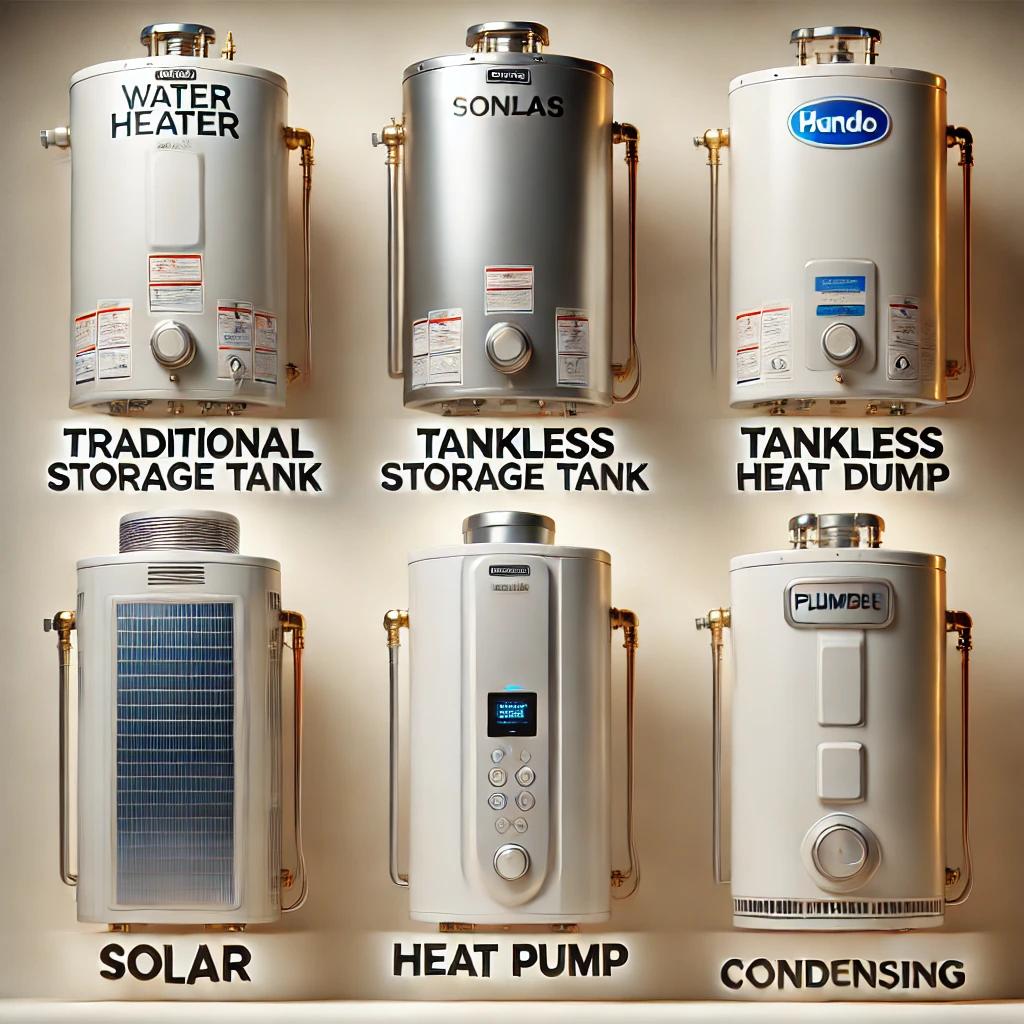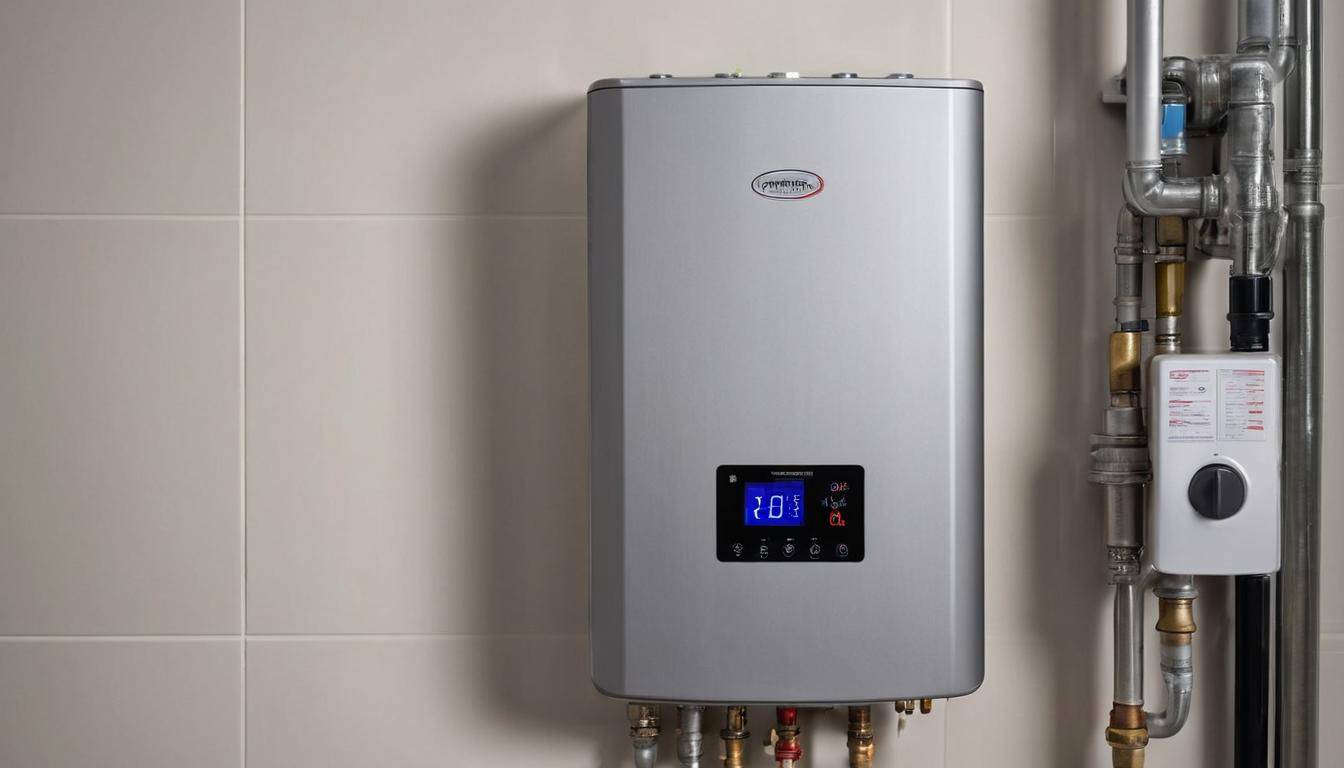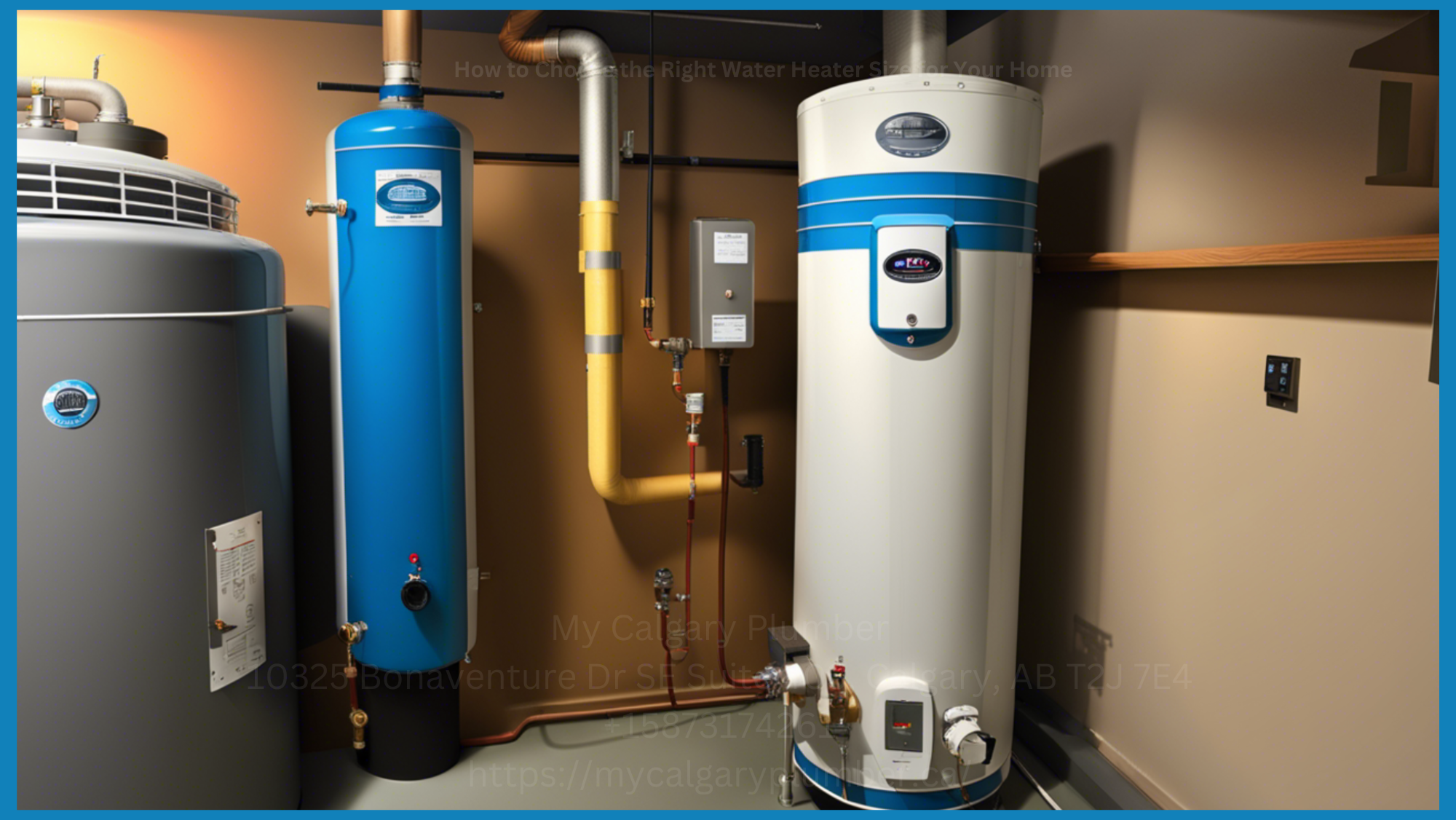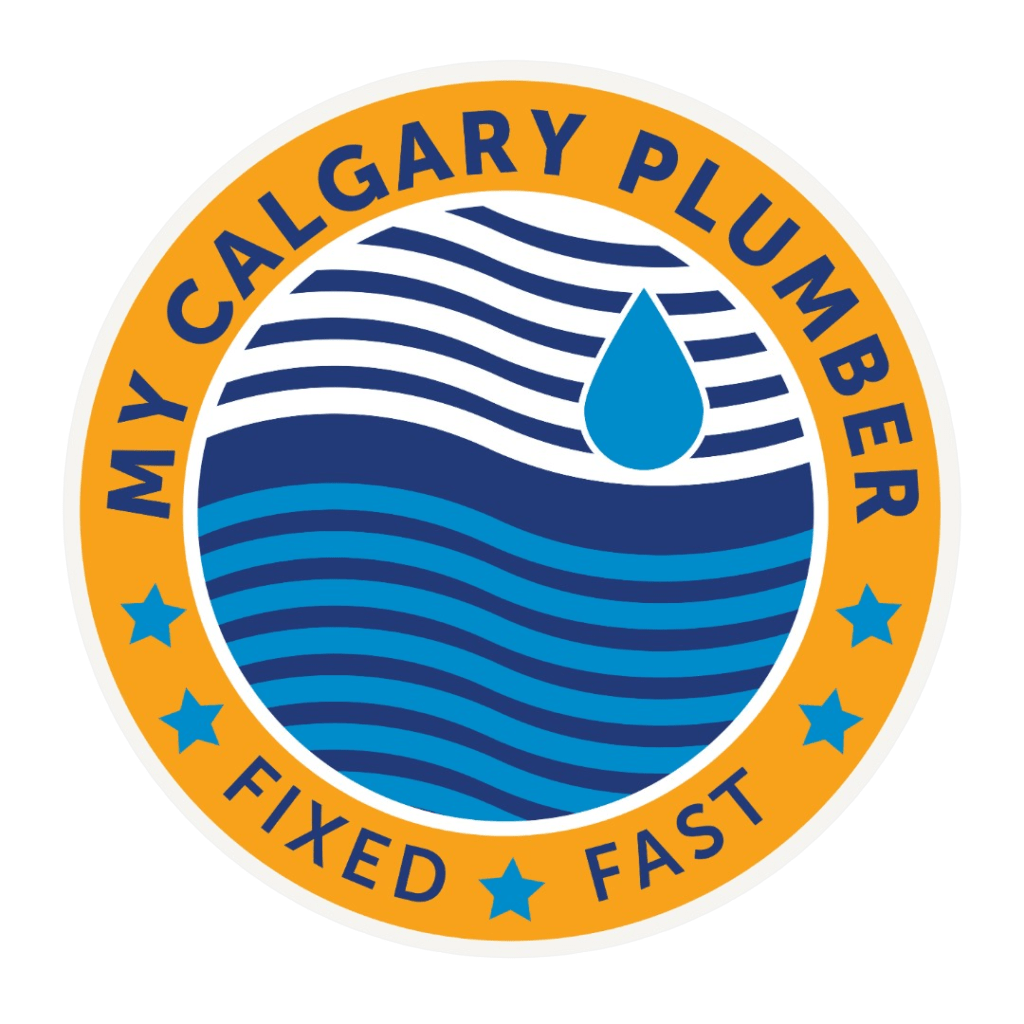Hot Water Solutions: Exploring the Pros and Cons of Different Water Heaters
When it comes to reliable hot water in your home, choosing the right water heater is crucial. From tankless water heaters to traditional storage tanks, each option offers unique benefits and potential drawbacks. By understanding the pros and cons of different hot water solutions, you can make an informed decision that suits your home and budget.
This guide delves into the advantages and disadvantages of various water heaters, including energy efficiency, upfront costs, and long-term savings. You’ll also learn about maintenance requirements and which type is best for specific needs.

Types of Water Heaters and Their Features
Traditional Storage Tank Water Heaters
- Pros: Reliable hot water supply, lower upfront costs.
- Cons: Limited capacity, higher energy consumption.
- Best For: Homes with moderate water usage.
Tankless (On-Demand) Water Heaters
- Pros: Energy-efficient, unlimited hot water.
- Cons: Higher upfront costs, requires professional installation.
- Best For: Energy-conscious homeowners and small spaces.
Heat Pump Water Heaters
- Pros: Extremely energy-efficient, lower operational costs.
- Cons: Higher upfront costs, may require more space.
- Best For: Homes in warmer climates with room for installation.
Solar Water Heaters
- Pros: Eco-friendly, long-term cost savings.
- Cons: High initial investment, dependent on sunlight availability.
- Best For: Environmentally conscious homeowners.
Hybrid Water Heaters
- Combines the benefits of heat pumps and storage tanks.
- Ideal for larger households seeking efficiency and capacity.
Factors to Consider When Choosing a Water Heater
Energy Efficiency Ratings
- Look for models with Energy Star ratings to save on utility bills.
- Efficient models reduce energy costs and are environmentally friendly.
Installation and Maintenance Requirements
- Tankless systems often require professional installation, while storage tanks are easier to replace.
- Regular maintenance ensures long-term reliability.
Initial Costs vs. Long-Term Savings
- Balance upfront investment with operational costs over the heater’s lifespan.
- Higher initial costs often equate to significant savings over time.
Capacity and Household Needs
- Larger households may require a higher-capacity system to meet demand.
- Smaller homes can benefit from compact and efficient models like tankless systems.
Pros and Cons Table: Water Heater Types
| Water Heater Type | Pros | Cons | Best For |
|---|---|---|---|
| Traditional Storage Tank | Low upfront cost, widely available | High energy use, limited hot water | Moderate water usage homes |
| Tankless (On-Demand) | Energy-efficient, endless hot water | High initial cost, professional setup | Small spaces, energy savers |
| Heat Pump | Extremely efficient, eco-friendly | Expensive, requires space | Warm climates, eco-friendly |
| Solar | Renewable energy, long-term savings | High investment, sun-dependent | Green homeowners |
| Hybrid | Combines efficiency and capacity | Costly upfront | Large households |
Maintenance Tips for Water Heaters
Regular Flushing to Remove Sediment
- Prevents sediment buildup that reduces efficiency in traditional storage tanks.
- Flushing should be done annually for optimal performance.
Checking and Replacing the Anode Rod
- Extends the life of storage tank water heaters by preventing corrosion.
- Inspect the rod every 2-3 years.
Annual Professional Inspections
- Ensures optimal performance and addresses potential issues early.
- Helps avoid costly repairs or replacements.
Conclusion
Choosing the right water heater depends on your household’s needs, budget, and energy goals. By understanding the hot water solutions available and their pros and cons, you can make a decision that provides reliable hot water while maximizing efficiency and savings.
FAQs
What is the most energy-efficient water heater type?
Tankless and heat pump water heaters are the most energy-efficient options.
How often should I maintain my water heater?
Annual maintenance, including flushing and anode rod checks, is recommended.
Is a tankless water heater worth the higher cost?
Yes, for energy-conscious homeowners, the long-term savings often outweigh the upfront expense.
Can solar water heaters work in colder climates?
Yes, but they may require a backup heating system during low sunlight periods.
What size water heater do I need for my home?
The size depends on your household’s water usage; larger households need higher-capacity systems




